18.11.2024
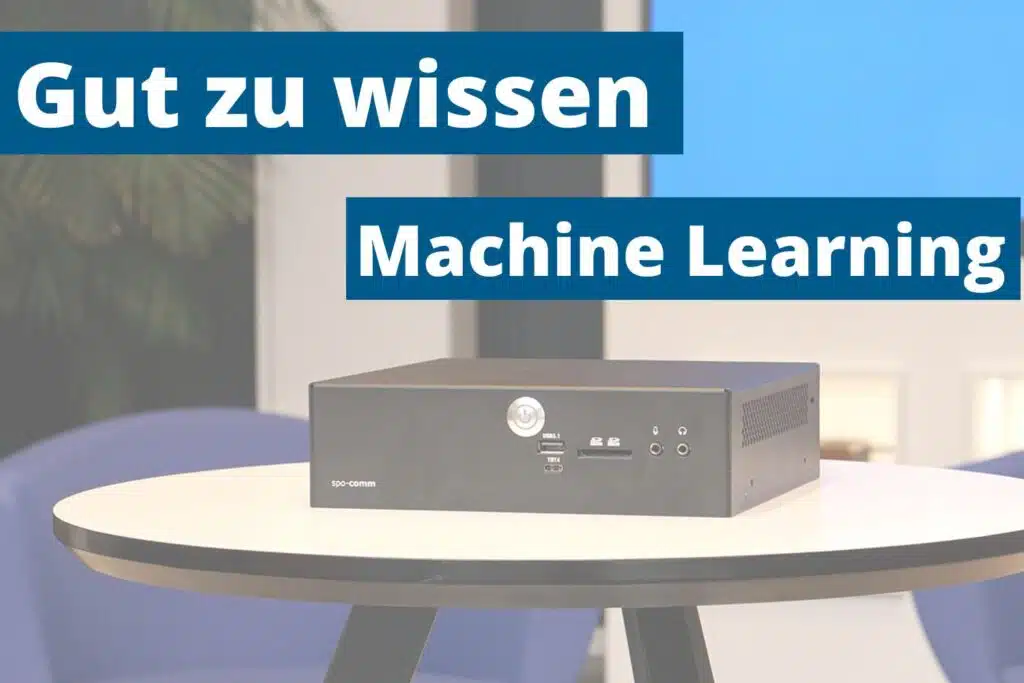
Machine learning is an area of artificial intelligence that enables computers to learn from data and continuously improve themselves instead of being explicitly programmed. Algorithms are trained to recognize patterns and correlations in large data sets and to make the best decisions and predictions based on these analyses. This leads to automated knowledge generation, the identification of correlations and the application of these findings to unknown data sets for the optimization of processes and the prediction of future developments.
To make machine learning effective, training by a human is required. There are various learning models that use different algorithmic techniques. A model is selected depending on the desired result and type of data, whereby a distinction is made between supervised, unsupervised, partially supervised or reinforcement learning. Within these models, specific algorithmic techniques can be applied according to the intended result. The algorithms are used individually or in combination to ensure accuracy in the processing of complex and unpredictable data. This development process is iterative and is often repeated several times until the desired quality level is achieved. Once the learning process is complete, the trained model evaluates unknown data in order to make improved decisions. The main goal is for the computer to learn autonomously and adapt its actions without human intervention.
Supervised learning uses known data, recognizes patterns and learns from a training data set. It aims to accurately predict a target variable, such as when forecasting electricity consumption or assessing the risk of investments.
Unsupervised learning visualizes large amounts of data, performs cluster analyses and independently detects hidden patterns or groups. It is not suitable for precise predictions, but requires an assessment based on more flexible factors, suitable for the desired business application.
Semi-supervised learning combines supervised and unsupervised learning, uses sample data with target variables and unknown data. It is used in areas such as image or object recognition, where a small amount of data with target variables and a larger amount of data without target variables are used.
Reinforcement learning interacts with the environment and learns a strategy for solving a problem through a cost function or reward system. In contrast to other methods, it does not require sample data, but develops an optimal action strategy in simulation steps.
The areas of application of machine learning can be assigned to the individual learning methods. Unsupervised learning is therefore ideal for dimension reduction (recognizing structures, compressing information, big data visualization, etc.) and cluster analysis in the form of market and customer segmentation or recommendation systems. Supervised learning is used for classifications such as text and object recognition or forecasts (demand, weather, sales, customer values, etc.). Reinforcement learning is ideal for autonomous driving, game AI, traffic control, robotics and also for personalization and advertising.
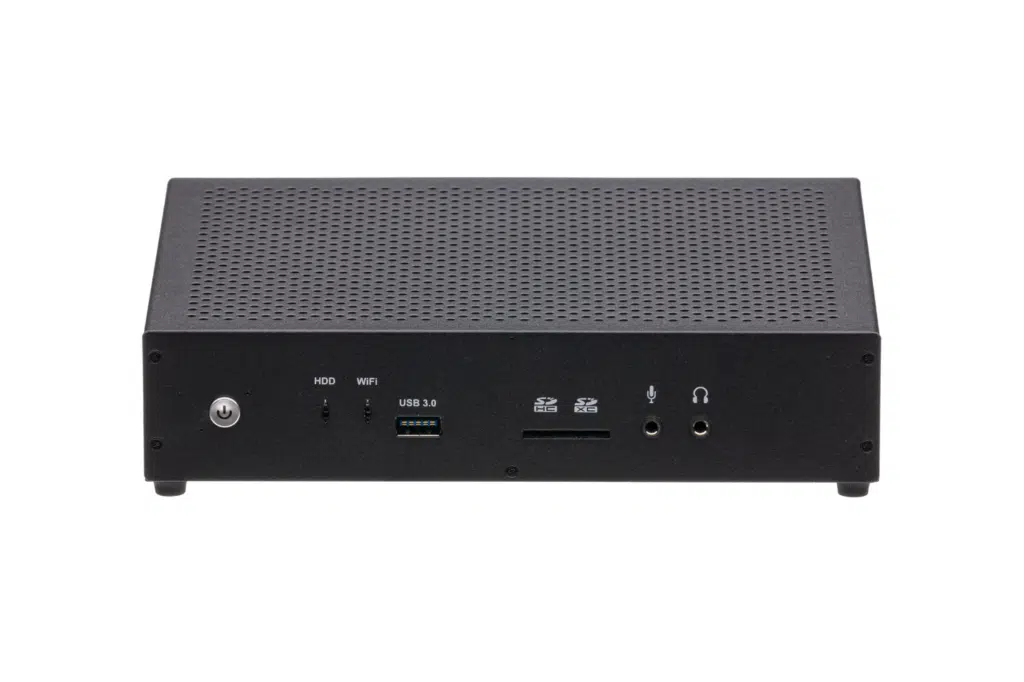
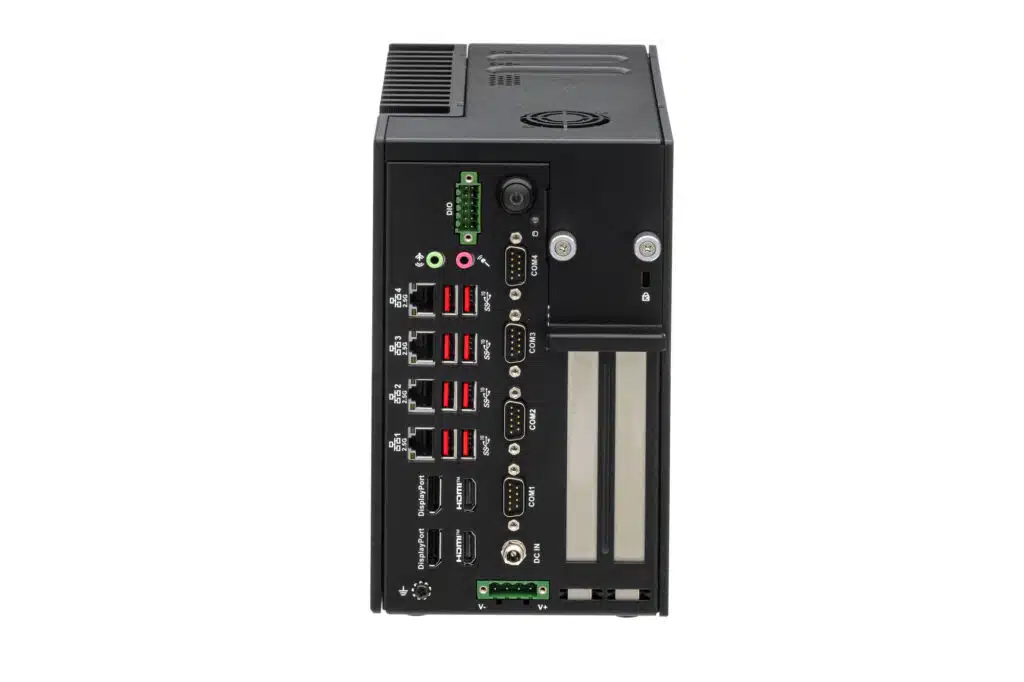

Of course, our spo-comm product portfolio also includes mini PCs that are suitable for machine learning. We are talking about our mini PCs that are equipped with a dedicated graphics card. The KUMO VI and the QUADRO P1000 are therefore suitable for machine learning, as are our new additions, the NOVA R680E and the CORE 5 Ultra. Even our new 19" rack PC, the NINETEEN Q670E, can be used in machine learning, provided it is equipped with a suitable graphics card.
If you have any questions about our spo-comm Mini-PCs, please do not hesitate to contact us!
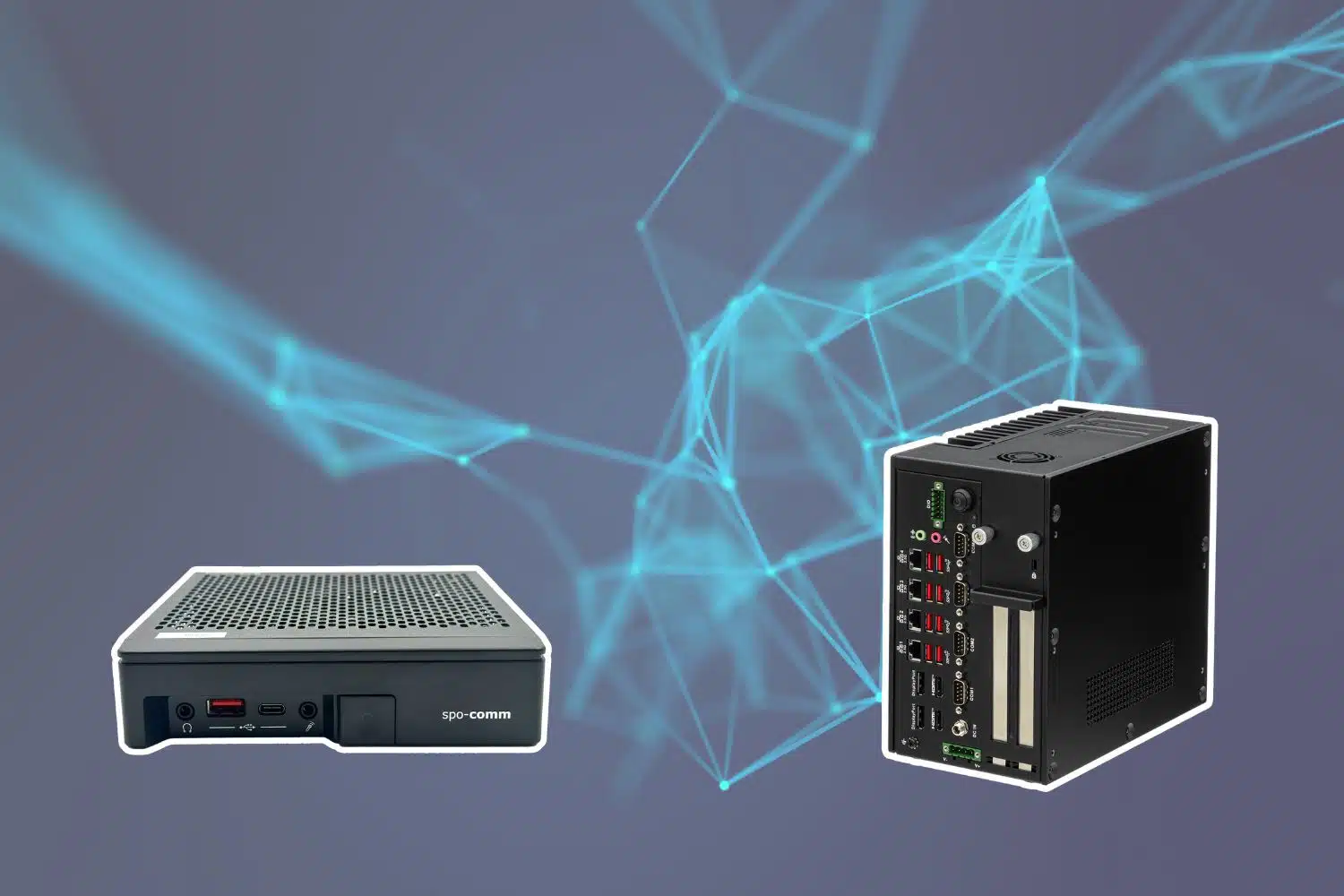
Edge AI is the combination of artificial intelligence and local data processing directly at the poin...
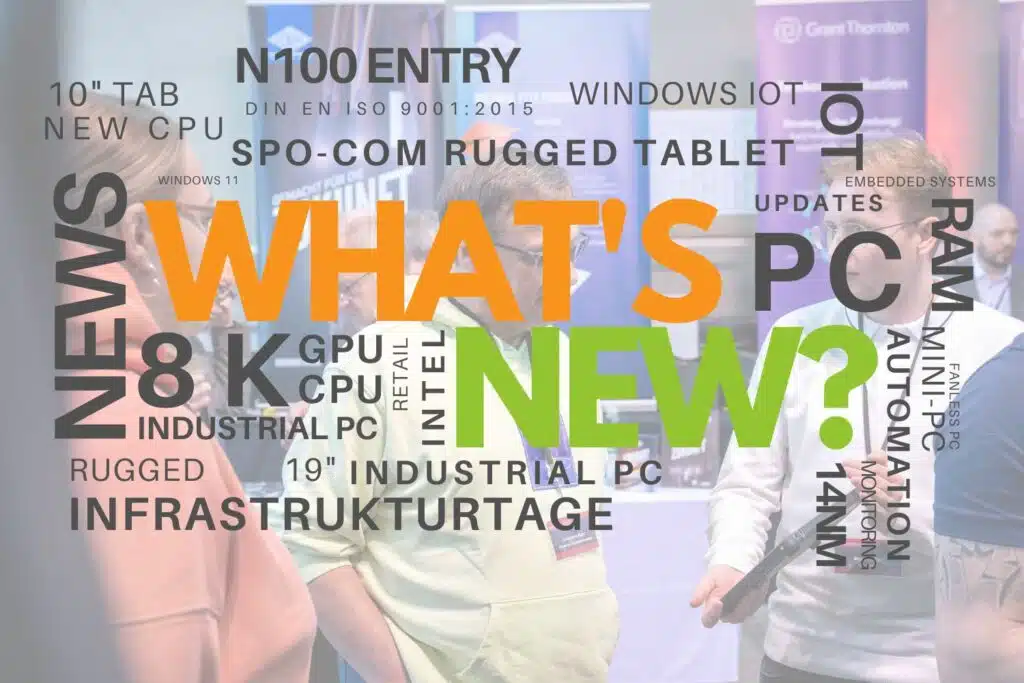
This was our start to the new year: the current memory and CPU situation continues to have a major i...
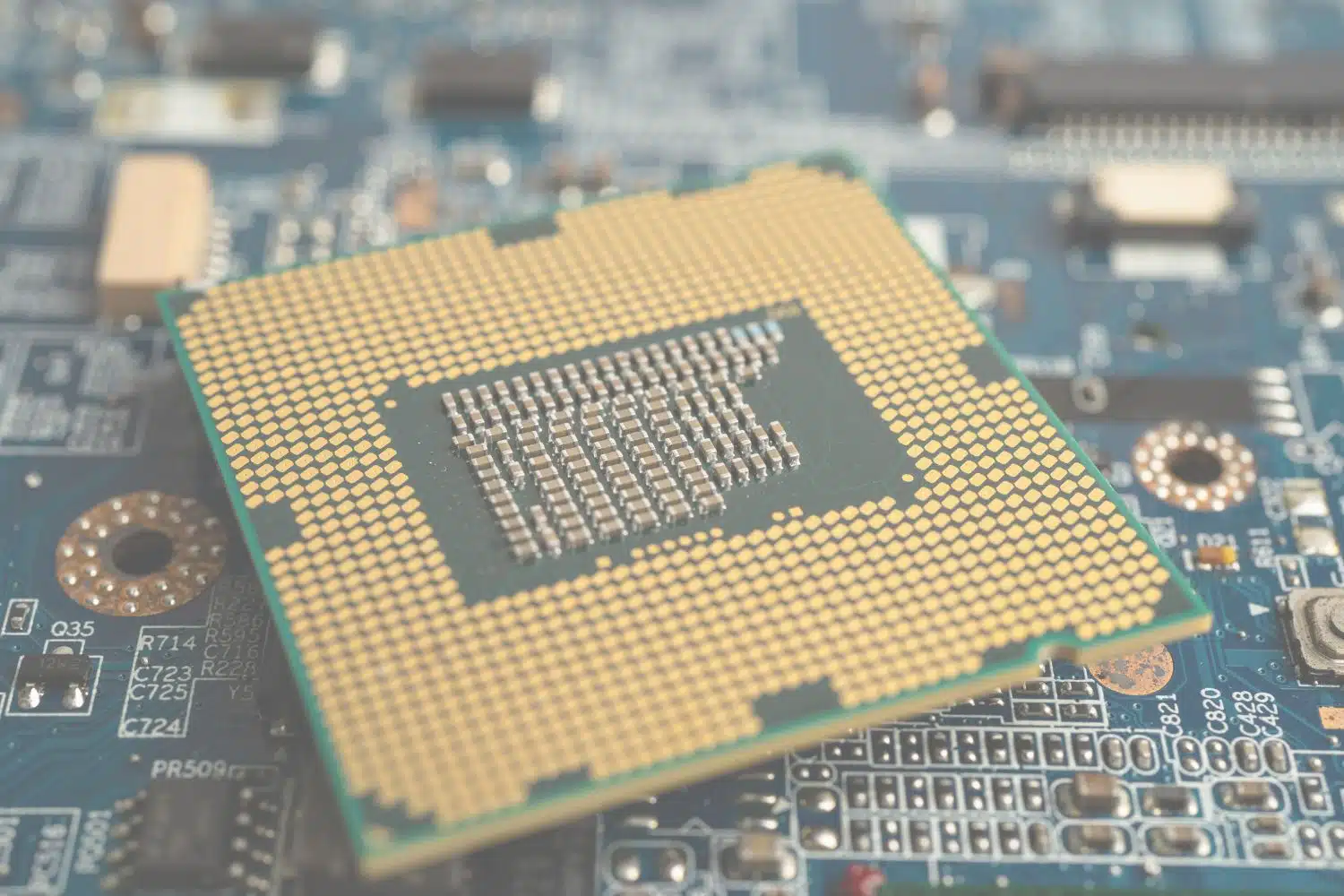
There is currently a global crisis in the areas of RAM bars and CPUs. What began last summer as a mo...
You need to load content from reCAPTCHA to submit the form. Please note that doing so will share data with third-party providers.
More Information